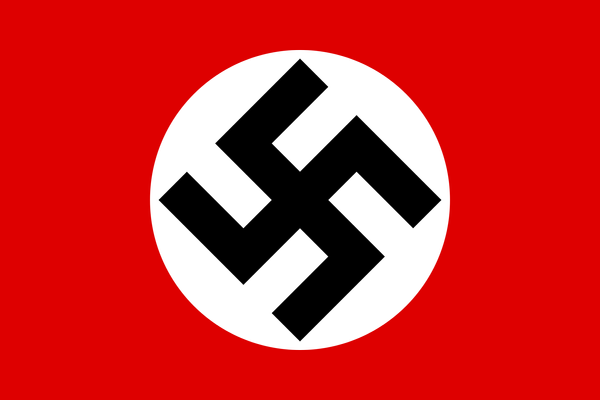The Anglo-Saxons
The Anglo-Saxons migrated to Britain from northwestern Europe at the beginning of the 5th century.

Key words
- Anglo-Saxon: used to refer to the people who lived in England from about AD 600 and their language and customs
Wycliffe made the Reformation possible.
- Norman: belonging or relating to the people from northern France, especially those who invaded England in 1066 and became its rulers, or to the buildings that were made during their rule
The Normans were descendants of Viking settlers in northwestern France.
- Demographic: relating to demography (= the study of populations and the different groups that make them up)
There have been big social and demographic changes in the country.
- Makeup: the makeup of something is the combination of things that form it
The club's membership reflects the city’s racial makeup.
- Pivotal: central and important
She played a pivotal role in the movement.
Read the article to find the answers
- When did England become Anglo-Saxon?
- Where did the Anglo-Saxons come from?
- Who Christianized the Anglo-Saxons?
- When did the Anglo-Saxon era come to an end?
Anglo-Saxon England
Anglo-Saxon England refers to the period in Britain from the 5th century to the 11th century, right after Roman Britain ended and just before the Norman Conquest in 1066. During this time, several Anglo-Saxon kingdoms existed until 927, when King Æthelstan united them into the Kingdom of England.
Anglo-Saxon Settlement in England
The Anglo-Saxons were tribes from what is now Germany and Denmark who migrated to England in the 5th and 6th centuries. This migration dramatically changed England’s population and culture. These tribes slowly built settlements and formed the foundation of the Anglo-Saxon kingdoms. Although we don’t know all the details about this migration, it marked the start of the Anglo-Saxon era in England.
Christianization of the Anglo-Saxons
Converting the Anglo-Saxons to Christianity was a major event in their history. It began in 597 AD with Augustine of Canterbury, who was sent by Pope Gregory the Great to convert the Anglo-Saxons. Over the next centuries, Christian monasteries became key in spreading Christianity and keeping knowledge alive. This conversion deeply influenced their culture and language.
Viking Invasions and the Danelaw
In the 8th and 9th centuries, Viking raids and invasions had a big impact on the Anglo-Saxon kingdoms. The Vikings attacked quickly and fiercely, especially targeting monasteries and towns, causing widespread chaos. Eventually, some Vikings settled in England, creating an area known as the Danelaw in the 9th and 10th centuries. The Danelaw was a region where Danish laws and customs were followed. These Viking invasions and the establishment of the Danelaw changed England’s political landscape and left lasting cultural changes, such as the English days of the week, most of which are named after Norse gods.
Norman Conquest
The Anglo-Saxon era ended with the Norman Conquest in 1066. William the Conqueror defeated King Harold II at the Battle of Hastings, starting a new chapter in English history. This conquest blended Norman and Anglo-Saxon influences, paving the way for medieval England and beyond.
Discussion questions
- Do you have any questions about any of the vocabulary or grammar in this article?
- What do you know about Anglo-Saxon history?
- Has anyone ever tried to Christianize your country?
- Has your country experienced major demographic changes?

Book a Lesson
Improve your English language communication skills by practicing with a qualified and experienced native speaker.





